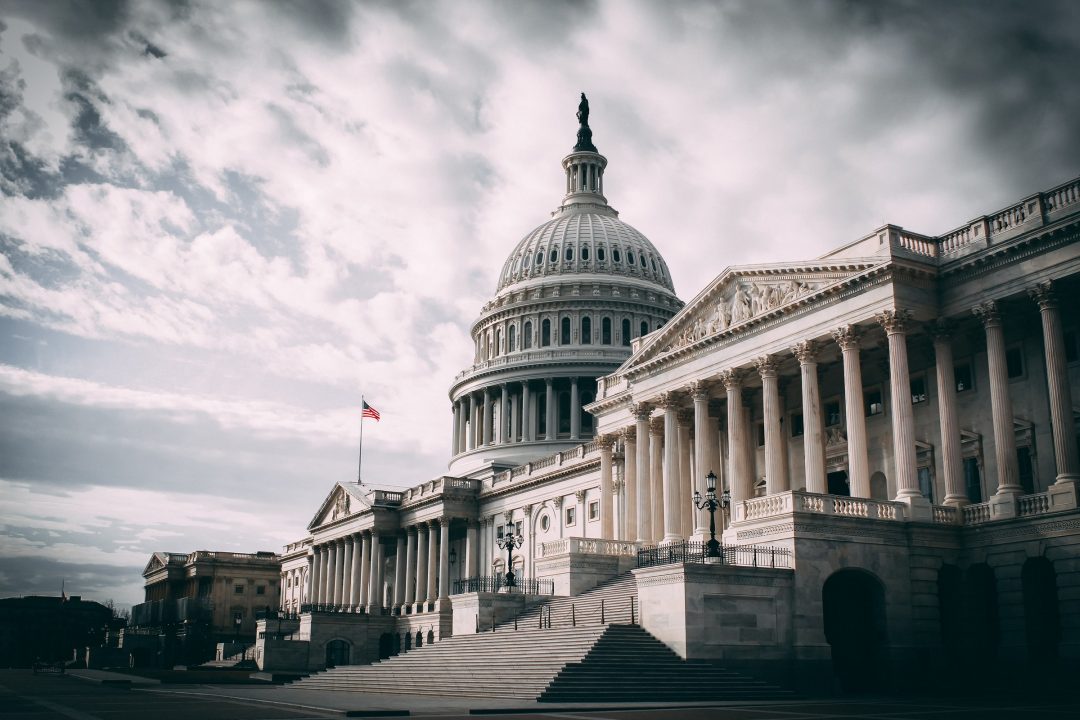Let’s give credit where it’s due. Last Monday’s sit-down in Singapore between US President Donald Trump and North Korean leader Kim Jong-un probably nudged the Doomsday Clock just a few minutes further away from the apocalypse.
And as much as Trump-haters may be loath to admit it, anything that staves off the risk of nuclear war, even temporarily, is a really good thing.
Consider that less than six months ago, Trump and Kim were trading playground taunts and boasting “mine is bigger” about the size of their respective nuclear weapons. Last September at the United Nations, Trump called the North Korean regime “depraved” and “a band of criminals” as he vowed to “totally destroy North Korea” if necessary.
Kim, for his part, warned “the entire United States is within range of our nuclear weapons”. North Korea, at one point, threatened to unleash a “salvo of missiles” onto the US territory of Guam.
So let’s face it – the backslapping bonhomie between Trump and Kim in Singapore sure beats “fire and fury” any day.
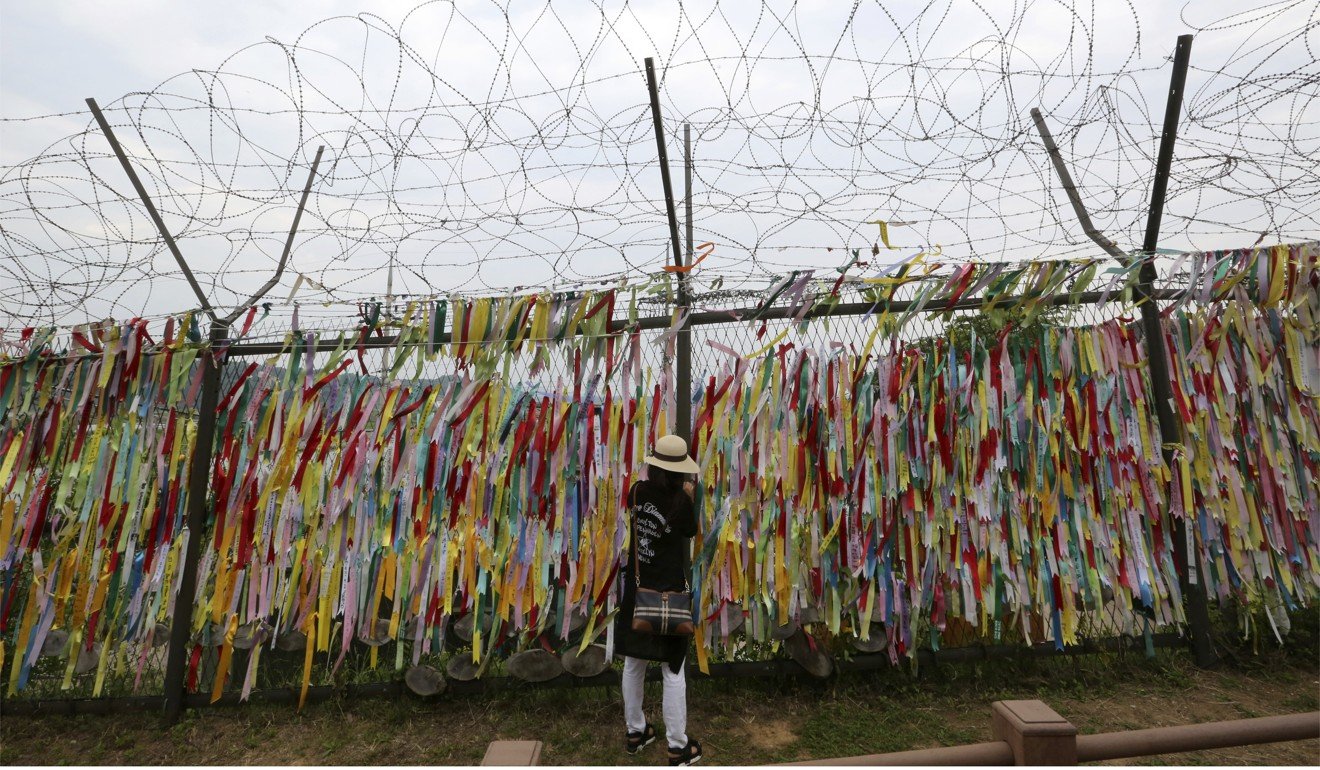
But what has been most surprising since last week’s summit has been the largely negative reaction, from newspaper pundits, from the president’s usual Democratic critics and, surprisingly, from a fair number of Republicans who normally just meekly genuflect at Trump’s mere utterances.
“We should be sceptical,” cautioned Senator Marco Rubio of Florida. Added Senator Bob Corker, who heads the Foreign Relations Committee: “It’s difficult to determine what of a concrete nature occurred.”
Even if Trump-Kim summit clicks, Koreans might never
Parts of the American conservative media establishment were much more harsh. One influential right-wing magazine called the summit “a disgrace”, and another said Trump acted as “a character witness” for Kim.
Part of the reason for the scepticism has to do with the vagueness of the summit’s final joint statement. Far from Trump’s earlier pledge to push for “total, verifiable and irreversible” abandoning of North Korea’s nukes, the statement only commits Pyongyang “to work towards complete denuclearisation of the Korean peninsula”. No timetable, no definition of denuclearisation, and that weaselly phrase “work towards” gives Kim a lot of wiggle room.
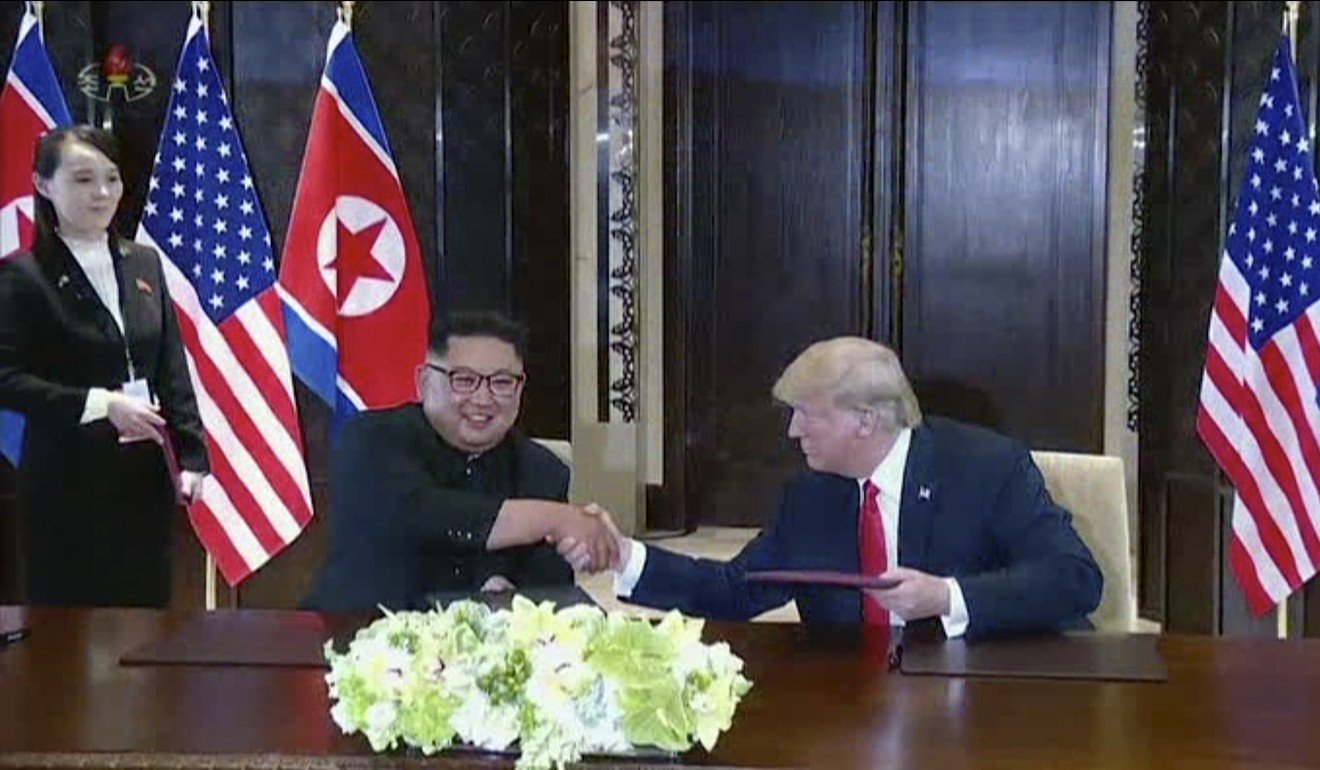
In other words, many of the sceptics rightly see North Korea’s pledge as a resuscitation of past promises, which in previous administrations led to endless rounds of fruitless negotiations over the details. Many see that as Kim’s long-term game plan – tie the US up in perpetual talks while the sanctions collapse and the aid starts to flow in.
But the other reason for the harsh reaction has to do with Trump himself, and his uncontrollable penchant for hyperbole.
Hang on, what language is Kim Jong-un speaking?
In Trump’s telling, this summit with Kim was the greatest feat of international statecraft since the Treaty of Versailles. “There is no longer a nuclear threat from North Korea,” Trump tweeted from Air Force One. He said “everybody can now feel much safer than the day I took office”.
He later tweeted for good measure: “Our unprecedented meeting – the first between an American president and a leader of North Korea – proves that real change is possible.”
Those tweets carried echoes of Neville Chamberlain returning from Munich with the Anglo-German Declaration and announcing “peace for our time”.
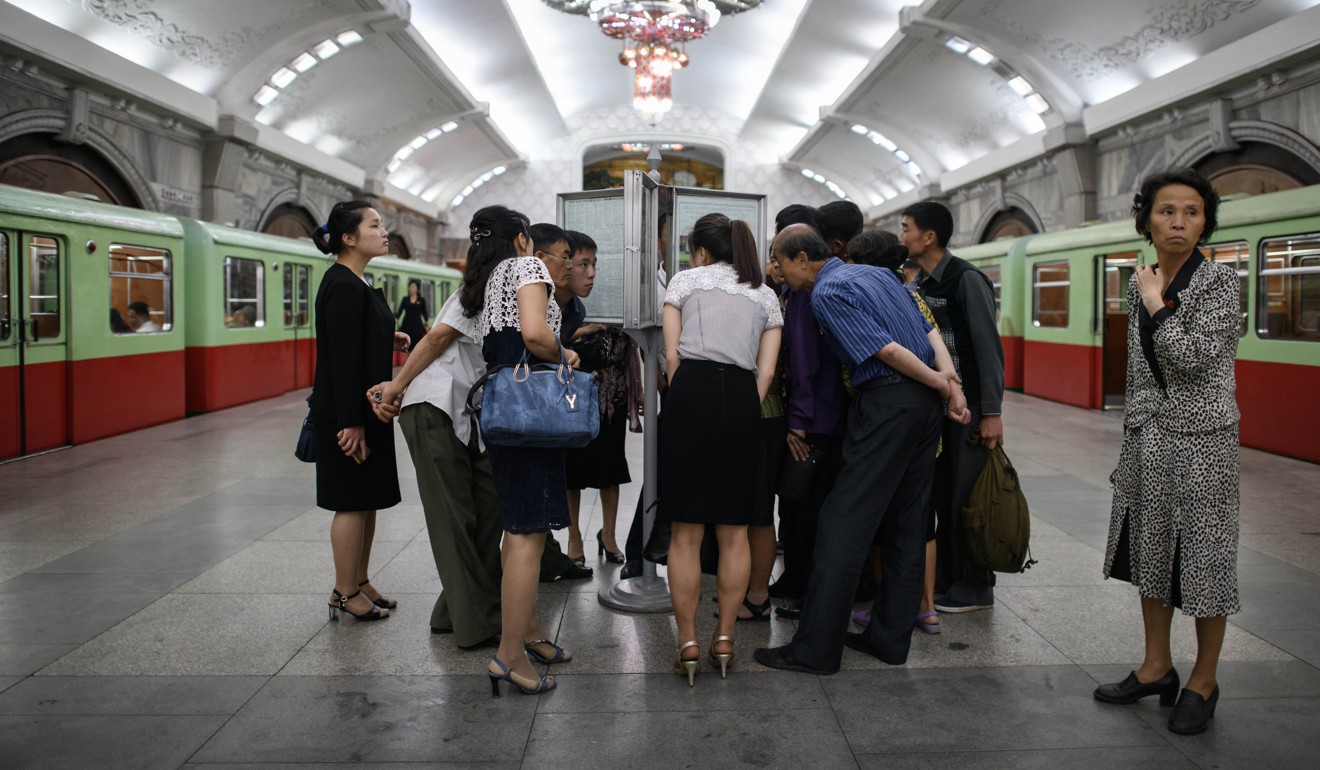
Trump routinely traffics in hyperbole. It was the key to his business success, and the way he glossed over his spectacular failures. His resorts and condos are always “the best” or “the tallest” or “the biggest”. He claimed his Trump Winery near Charlottesville was “the largest winery on the East Coast” – it is not.
And of course there was his insistence that the crowd at his inauguration was the largest ever in history, period – another thoroughly debunked Trump falsehood.
Why the Trump-Kim meeting hinges on China
The problem is that Trump can’t help himself, whether he is selling real estate, Trump wine or a summit agreement with North Korea. If he had hailed his summit with Kim as the positive start to what will be a long and arduous process, he might have received all the due plaudits he covets. But to equate the flimsy and non-committal summit statement as an end to North Korea’s nuclear threat is laughable, if not delusional. It could be downright dangerous, if Trump really follows through on his pledge to halt American military exercises with South Korea.
Trump also could not help himself in his effusive praise for Kim, who has killed dissidents and his own relatives, including, it is alleged, his half-brother, Kim Jong-nam, who was poisoned with a VX nerve agent in 2017 in Kuala Lumpur, about 300km from where Trump and Kim were meeting.
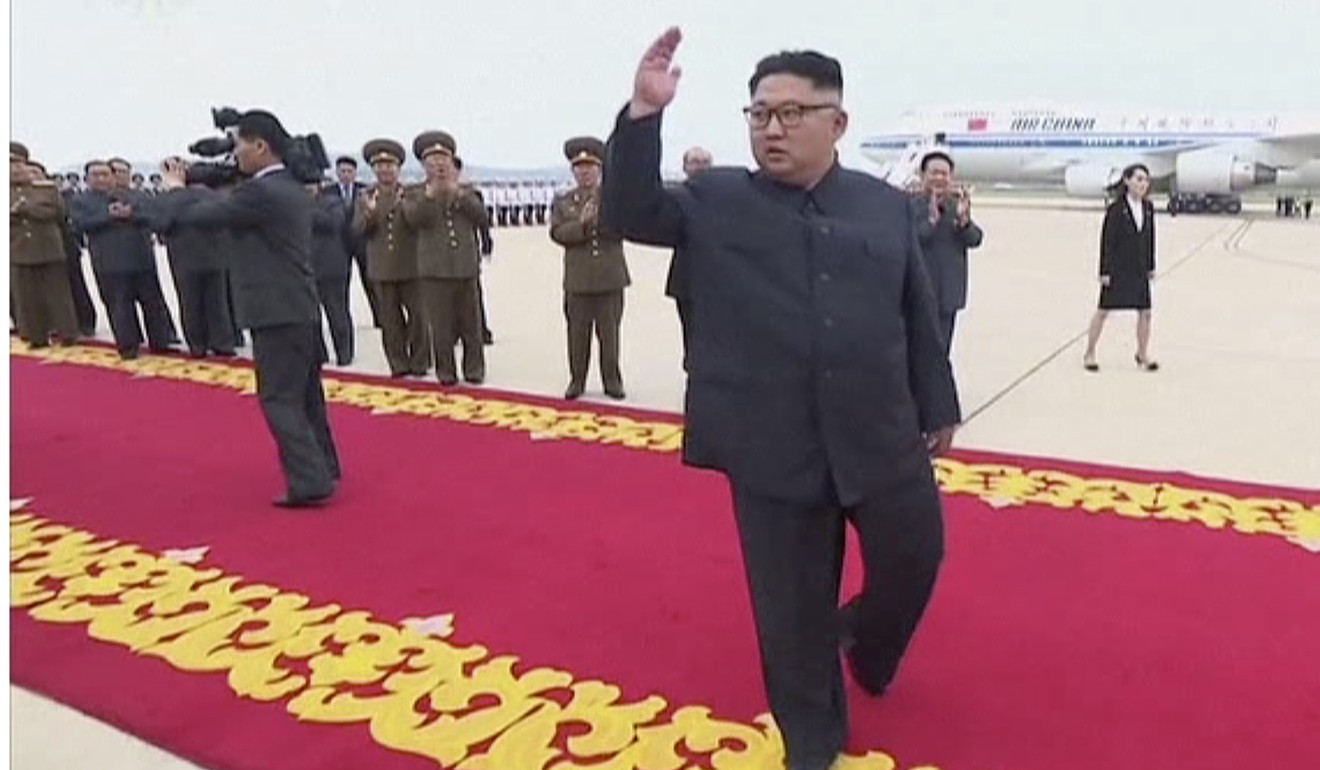
After more than a year spent deriding Kim as “little rocket man”, Trump after the summit called the North Korean leader “funny”, “very smart” and a “strong guy”.
“Hey, he’s a tough guy,” Trump told one Fox News television interviewer about Kim.
Secretary of State Mike Pompeo has smartly tried to tamp down expectations, saying that this summit was just the beginning phase of what will be a drawn-out, step-by-step process that would not lead to “major” North Korean disarmament until the end of the president’s term in 2021. But Pompeo has about 212,00 followers on Twitter; Trump commands about 52 million.
The president is unlikely to read my column or listen to my advice – after all, I warned him in vain not to smile while shaking hands with Kim. But here is another piece of unsolicited counsel: please, Mr Trump, skip the hyperbole. Your meeting with Kim is a historic accomplishment, you opened the door and defused the war rhetoric. There’s no reason for embellishment.
Great job! Now please step back, stay quiet, and let the diplomats do the real work.
Original link: https://www.scmp.com/week-asia/opinion/article/2150847/admit-it-trumps-singapore-date-kim-made-us-all-safer


